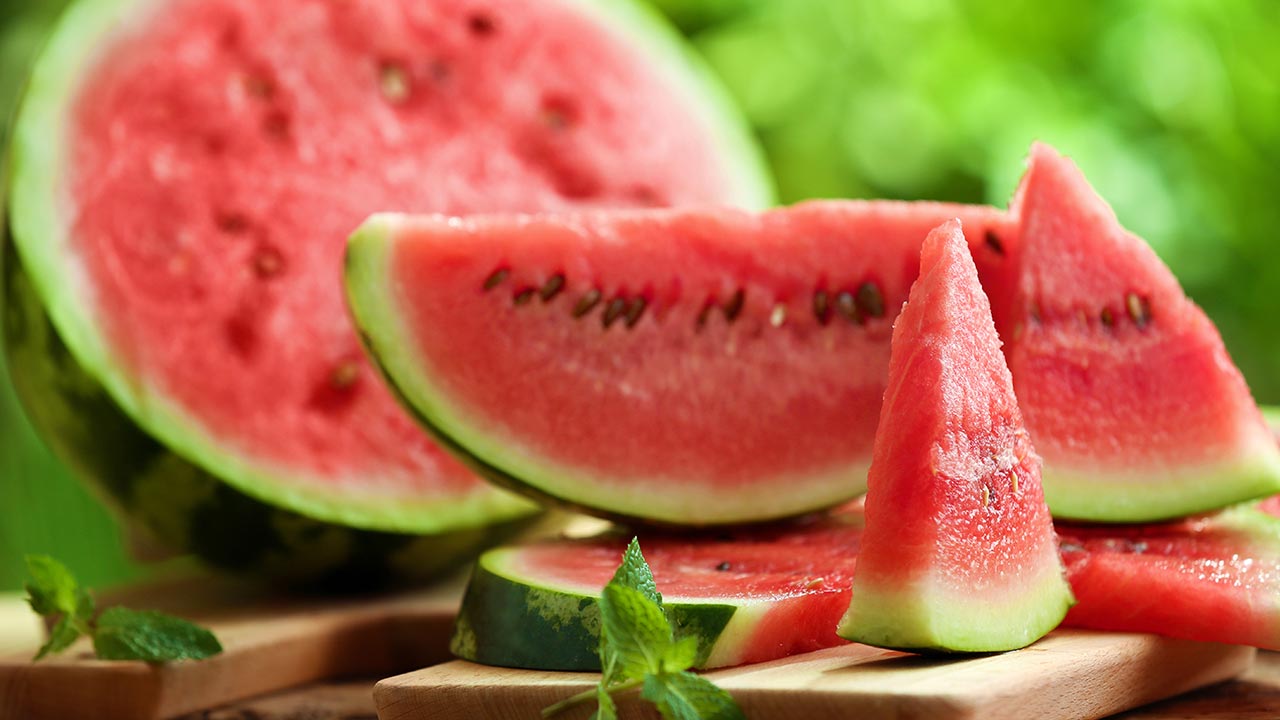The Benefits of a Micronutrient-rich Diet for Overall Health

Hey Angels and Alphas,
Good health is built on the foundation of a nutritious diet. We often hear about the importance of macronutrients, like proteins, carbohydrates, and fats, but it is equally important to pay attention to micronutrients, like vitamins and minerals.
A diet that is rich in micronutrients can have a huge impact on overall health and well-being. In this blog post, we will explore the many benefits of consuming a diet that is high in micronutrients for overall health.
Why are micronutrients important?
Micronutrients are essential for the proper functioning of your body. They are vitamins, minerals, and other trace elements that are needed in small amounts to support a wide range of physiological processes.
These processes include the metabolism of carbohydrates, fats, and proteins, as well as the formation of hormones and cell membranes. Micronutrients are also necessary for healthy bone and muscle growth, as well as for normal immune system function.
When your body does not get enough of the essential micronutrients, it can lead to a variety of health problems. For example, inadequate intake of vitamins and minerals can lead to nutrient deficiencies, which can cause fatigue, impaired cognitive function, weakened immunity, and a host of other ailments.
Even if you are eating a balanced diet with plenty of fruits and vegetables, you may not be getting all of the micronutrients you need to maintain optimal health. To ensure you get the full range of micronutrients needed to stay healthy, you may need to supplement with multivitamins or take a targeted approach by focusing on specific vitamins and minerals.
What are the best sources of micronutrients?
Eating a variety of nutrient-dense foods is the best way to ensure that you are getting an adequate supply of micronutrients. Fruits, vegetables, and whole grains are excellent sources of vitamins and minerals. Eating a wide range of these foods can help you meet your daily micronutrient needs. Other good sources include lean meats, fish, legumes, nuts, seeds, and dairy products.
Fruits and vegetables are especially good sources of many essential vitamins and minerals. They provide a variety of antioxidants, including vitamins A, C, and E, as well as folate and other B vitamins. Fruits and vegetables also contain minerals such as potassium, calcium, and magnesium. Aim to include a variety of brightly colored fruits and vegetables in your diet, as these will provide the most nutrition.
Whole grains are also a great source of B vitamins and minerals. Choose whole grain breads and pastas, and be sure to check the label for “whole grain” or “100% whole wheat” to make sure you are getting the most nutrition. Oats, quinoa, brown rice, and barley are also excellent sources of fiber and other essential nutrients.
Including lean meats, fish, eggs, and legumes in your diet is also important for getting enough micronutrients. Lean meats such as chicken, turkey, and fish provide protein and other essential vitamins and minerals. Legumes such as beans, lentils, and peas are also rich in protein and fiber. Eggs are an excellent source of protein and many B vitamins.
Nuts and seeds are also high in many essential vitamins and minerals. Try to include a handful of nuts or seeds each day for an added boost of micronutrients. For example, walnuts are an excellent source of omega-3 fatty acids and magnesium. Almonds are high in vitamin E, and pumpkin seeds provide zinc and magnesium.
Finally, dairy products like milk, yogurt, and cheese can provide calcium and other essential micronutrients. If you don’t consume dairy products, look for fortified plant-based milk alternatives to get your daily dose of calcium.
By eating a variety of nutrient-dense foods each day, you can ensure that you are getting an adequate supply of essential micronutrients.
How can I make sure I’m getting enough micronutrients?
One of the best ways to make sure you’re getting enough micronutrients is to focus on eating a balanced, nutrient-dense diet that includes a variety of fruits, vegetables, whole grains, lean proteins, and healthy fats. When shopping for food, try to buy organic and locally grown produce when possible, as this will help ensure that the food you’re eating is of the highest quality.
In addition to eating a nutrient-dense diet, it’s also important to take a daily multivitamin or supplement with key micronutrients that you may be missing in your diet. This is especially important if you have any existing medical conditions or take any medications, as these can interfere with the absorption of certain micronutrients. It’s always best to talk to your doctor before starting any supplement regimen.
Finally, if you’re having trouble getting the right balance of micronutrients in your diet, consider working with a registered dietitian or nutritionist. They can provide personalized recommendations for how to make sure you’re getting enough of the essential micronutrients that are important for optimal health.





